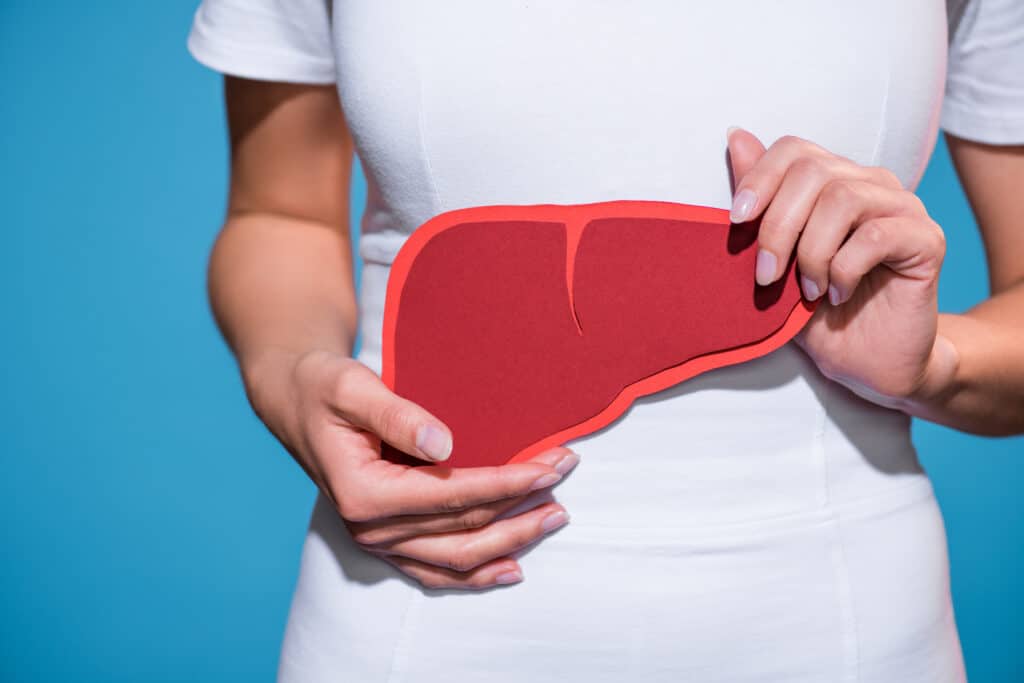Maintaining overall well-being necessitates taking into account the importance of liver health, which is essential for ensuring that this significant organ operates optimally. As the body’s most complex and multifaceted organ, the liver plays a crucial role in our overall health by converting toxins into waste products, cleansing blood, and metabolizing nutrients and medications.
In this blog post, we will explore various aspects of liver health, including its importance in converting toxins into waste products, cleansing your blood, and metabolizing nutrients and medications. We will also debunk some common myths surrounding liver cleanses and their efficacy.
Furthermore, you’ll discover practical liver health tips for keeping your liver healthy through lifestyle choices such as avoiding excessive consumption of food and alcohol, maintaining a balanced diet rich in fruits & vegetables, and engaging in regular physical activity. Additionally, we will discuss the significance of screening for risk factors related to hepatitis B & C as well as fatty-liver disease assessment.
Last but not least; we’ll delve into the role that diet and exercise play in supporting proper liver function by emphasizing nutrient-dense whole foods consumption along with regular exercise’s impact on improving your overall hepatic condition.
The Importance of Liver Health
The liver is the body’s main detoxifier, responsible for transforming toxins into waste products, purifying your blood, and metabolizing essential nutrients and drugs. It also provides the body with some of its most important proteins. For optimal health, the liver’s function of purifying blood and eliminating toxins must be maintained.
Converting Toxins into Waste Products
Your liver plays a vital role in detoxifying harmful substances that enter your bloodstream. These can include environmental pollutants, chemicals found in processed foods, or even alcohol consumption. By breaking down these toxins into less harmful compounds and facilitating their removal from the body through urine or feces, it helps to protect you from potential health issues caused by toxic buildup.
Cleansing Your Blood
Beyond detoxification processes, the liver also works tirelessly to cleanse your blood of other impurities such as bacteria and viruses. This function ensures that clean blood circulates throughout your body to support optimal organ function and maintain overall health.
Metabolizing Nutrients and Medications
- Nutrient Metabolism: The liver plays an essential role in processing various nutrients obtained from food sources like carbohydrates, fats (including omega-3 fatty acids), proteins as well as vitamins & minerals required for maintaining good health.
- Medication Metabolism: When taking prescribed medications or over-the-counter drugs like pain relievers (NSAIDs), your liver is responsible for breaking them down into their active components and ensuring they are safely eliminated from the body once they have served their purpose.
Therefore, promoting and sustaining liver health is essential for overall wellness. By following simple lifestyle practices such as consuming a balanced diet, engaging in regular physical activity, and avoiding excessive alcohol consumption, you can support optimal liver function and reduce the risk of developing chronic conditions like non-alcoholic fatty liver disease or other forms of liver disease.
Given the essential role of liver health in our well-being, let’s look at dispelling some myths about a liver cleanse. Let’s now delve into busting some misconceptions about utilizing liver detoxification.
Debunking Liver Cleanse Myths
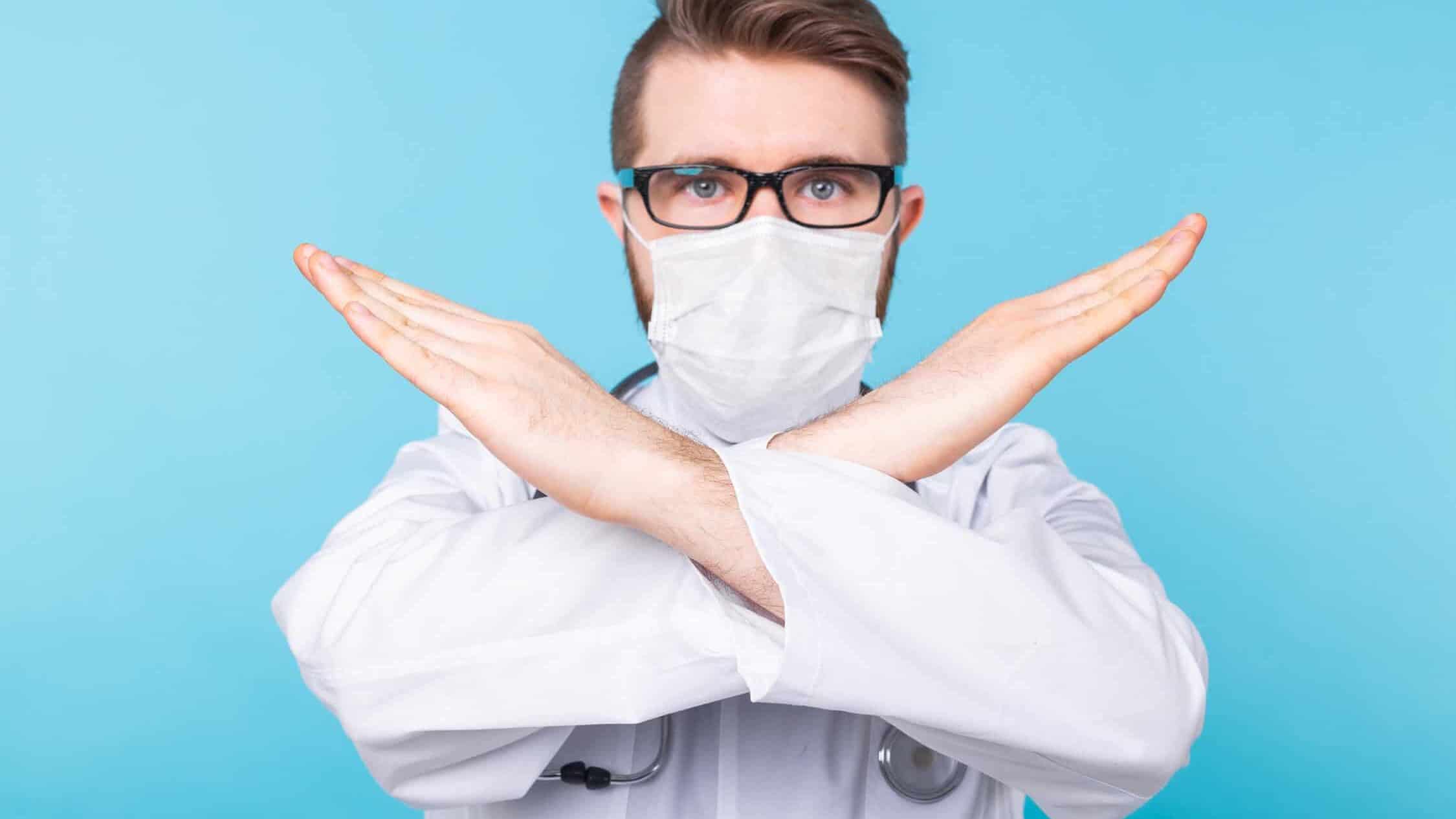
The utilization of liver cleanses and detox products has experienced a noticeable boost in the last few years, with numerous individuals convinced that these strategies can upgrade their well-being and forestall liver diseases. However, it is essential to understand the facts behind these claims before incorporating them into your wellness routine.
Despite the widespread belief in their effectiveness, there is no clinical data to support the efficacy of liver detoxification products or cleanses. In fact, experts from reputable institutions like Johns Hopkins do not recommend them as they have not been proven to treat existing liver damage or improve overall health.
Lack of Clinical Data Supporting Detox Claims
A major concern regarding liver cleanses is the absence of scientific evidence supporting their use. Many companies market these products without providing any concrete research or studies that demonstrate their effectiveness in improving liver function, reducing inflammation, or preventing chronic conditions such as nonalcoholic fatty liver disease and cirrhosis.
In some cases, using unproven detox supplements may even cause harm by interfering with the medications you are currently taking or triggering allergic reactions due to unknown ingredients present within these formulations.
Expert Opinions Against Using Liver Cleanses
- No Evidence: Medical professionals emphasize that there is no substantial proof supporting the idea that cleansing regimens can help maintain a healthy liver. Rather than relying on cleansing regimens, medical experts suggest making lifestyle modifications such as consuming a nutritious diet full of fruits and veggies in addition to engaging in regular physical activity for the best outcomes.
- Unnecessary Intervention: The liver is a highly efficient organ that naturally detoxifies and eliminates toxins from the body. As long as you maintain a healthy lifestyle, your liver should be able to perform its functions without any need for additional cleansing or detoxification methods.
- Potential Risks: Some liver cleanse products may contain harmful ingredients or cause adverse side effects when used improperly. Before attempting any new supplement or treatment, it is highly recommended to seek the advice of a healthcare professional – especially if you have an existing medical condition such as fatty liver disease, non-alcoholic fatty liver disease, or chronic hepatitis infections.
In light of these expert opinions and the lack of scientific evidence supporting their use, it’s best to avoid relying on liver cleanses for maintaining optimal health. Rather than relying on liver cleanses, it is advisable to focus on developing healthier practices such as consuming a nutritious diet abundant in fruits and veggies while exercising frequently to promote general well-being and ensure optimal organ functioning.
It is important to be aware of the lack of clinical data supporting liver cleanse detox claims and expert opinions against using them, as this can help you make informed decisions about your health. For optimal liver health, practice preventive habits like limiting food and alcohol intake, consuming a nutritious diet with plenty of fruits & vegetables, and engaging in regular exercise.
Tips for Keeping Your Liver Healthy
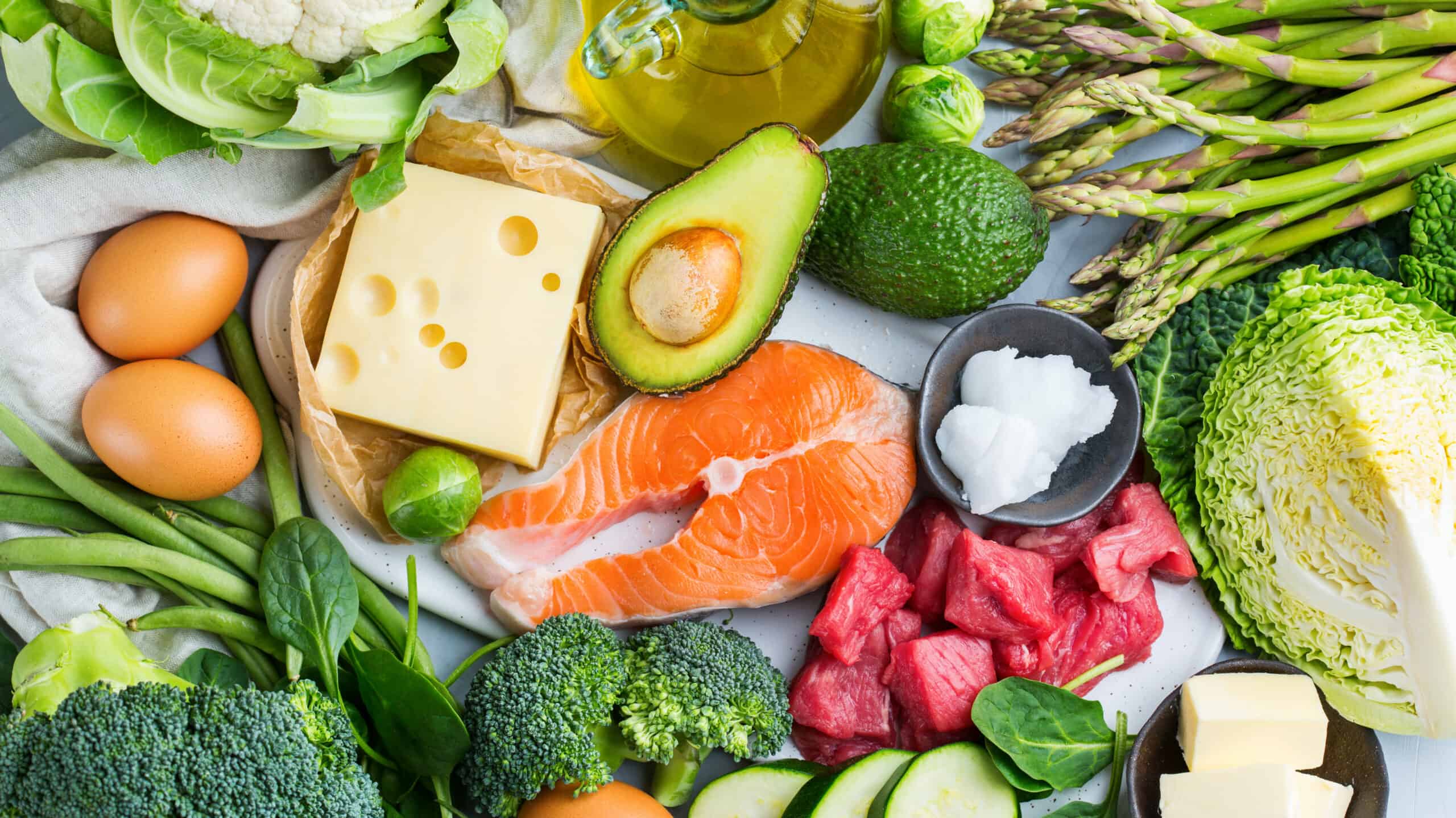
To maintain optimal liver function and avoid disease, it’s essential to follow certain lifestyle practices that promote good health. These include avoiding frequent overconsumption of food and alcohol, maintaining a balanced diet rich in fruits and vegetables along with regular exercise regimen.
Avoid excessive consumption of food and alcohol
Overindulging in both food and alcohol can put unnecessary strain on your liver. Alcohol, in particular, is metabolized by the liver which can lead to fatty liver disease or even more severe conditions like cirrhosis if consumed excessively. It’s important to practice moderation when consuming alcoholic beverages as well as monitoring portion sizes during meals.
Maintain a balanced diet rich in fruits & vegetables
Eating a healthy diet plays an integral role in supporting proper liver function. Consuming nutrient-dense whole foods such as fruits, vegetables, lean proteins, healthy fats (omega-3 fatty acids), and complex carbohydrates helps provide the necessary fuel needed by the liver to carry out its numerous tasks effectively. Additionally, incorporating anti-inflammatory foods like turmeric or green tea may help reduce inflammation associated with chronic liver diseases.
- Fruits: berries, apples, grapefruit juice (in moderation), avocados
- Vegetables: leafy greens (spinach/kale), cruciferous veggies (broccoli/cauliflower), beets/carrots
- Lean proteins: fish, poultry, beans/legumes
- Healthy fats: nuts/seeds, olive oil, fatty fish (salmon/mackerel)
- Complex carbohydrates: whole grains (brown rice/quinoa), sweet potatoes
Engage in regular physical activity
Engaging in regular physical activity is a key component for good health and keeping the liver functioning optimally. Physical activity helps maintain a healthy weight which can reduce the risk of developing non-alcoholic fatty liver disease. Aim for at least 150 minutes of moderate-intensity aerobic exercise or 75 minutes of vigorous-intensity aerobic exercise per week along with strength training activities on two or more days per week to keep your liver functioning optimally.
Including these tips in your daily habits can not only benefit liver health but also help promote general well-being. Remember that maintaining a balanced diet and engaging in regular physical activity are key components to staying healthy and supporting optimal liver function.
Taking steps to preserve liver health can help avert a variety of serious illnesses. Screening for risk factors such as hepatitis B & C and fatty-liver disease is an important part of maintaining overall health and well-being.
Screening for Liver Disease Risk Factors
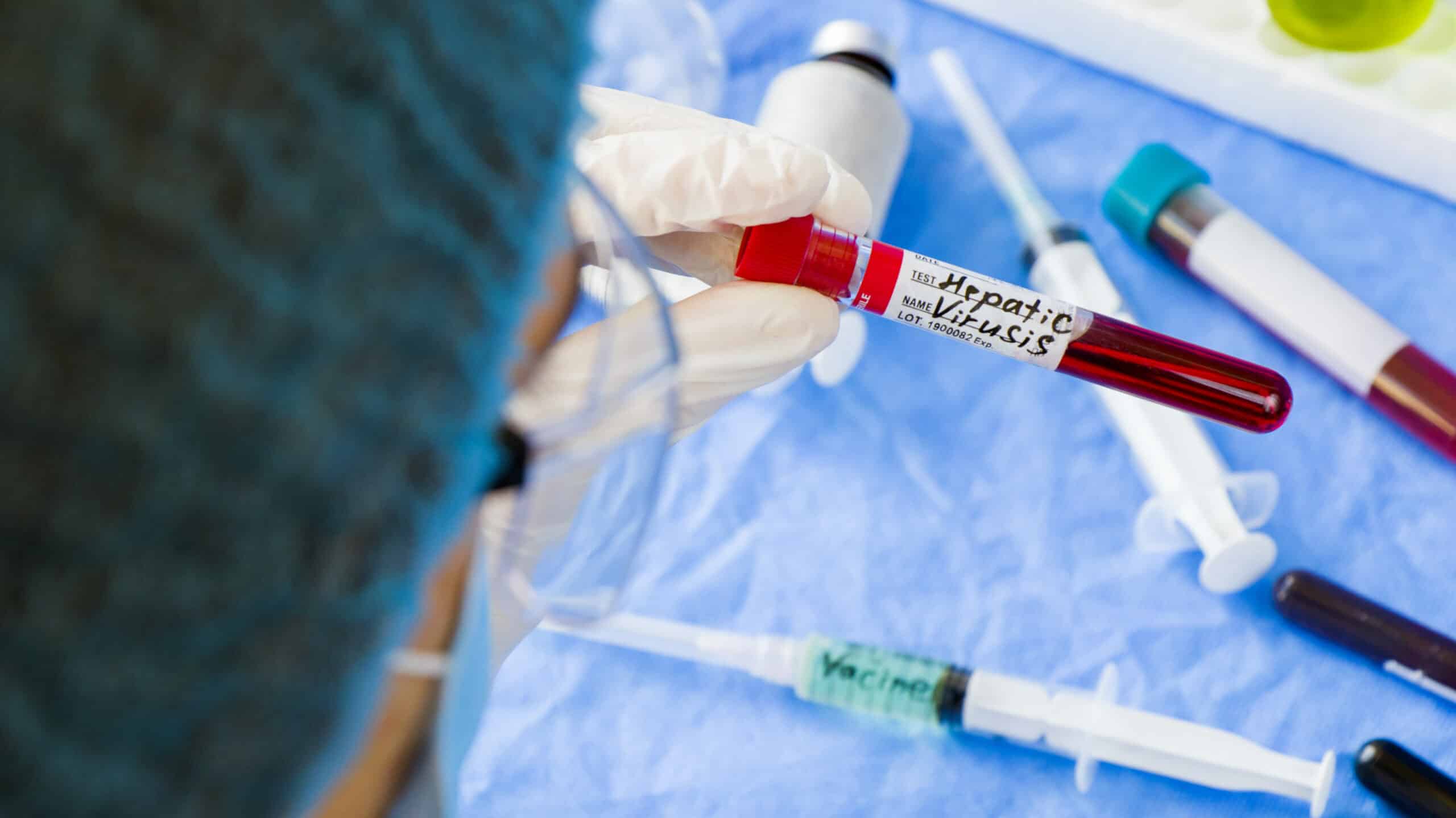
Early detection plays an important role in preventing severe complications related to poor liver health. By getting screened regularly for risk factors such as hepatitis B & C infections or fatty-liver diseases, you can take necessary steps towards keeping this vital organ functioning at its best. In this section, we will discuss the importance of screening and assessment for common liver disease risk factors.
Hepatitis B & C Screenings
Hepatitis B and C viruses (HBV and HCV), which are major causes of chronic liver disease, can lead to serious conditions like cirrhosis, liver cancer, or even death if left untreated. Fortunately, early diagnosis through regular screenings can help prevent these outcomes by allowing timely treatment interventions. The Centers for Disease Control and Prevention (CDC) recommends that individuals who fall into certain high-risk categories should be tested routinely:
- Born in regions with a high prevalence of HBV/HCV infection (e.g., Asia-Pacific region)
- Intravenous drug users
- Pregnant women
- Individuals with multiple sexual partners or history of sexually transmitted infections (STIs)
- Healthcare workers exposed to blood products on the job.
Fatty-Liver Disease Assessment
Fatty-liver diseases, including nonalcoholic fatty liver disease (NAFLD)and alcoholic fatty liver disease (AFLD ), are becoming increasingly common, affecting up to 25% of the global population. These conditions occur when excess fat accumulates in liver cells, causing inflammation and potentially leading to cirrhosis or liver cancer.
Blood tests, imaging studies (e.g., ultrasound or MRI), and sometimes liver biopsies can be used to evaluate the risk of fatty liver diseases. Maintaining a healthy lifestyle by following a balanced diet rich in fruits & vegetables, engaging in regular physical activity, and avoiding excessive alcohol consumption can help prevent these diseases from developing.
In addition to screenings for specific risk factors like hepatitis B/C infections and fatty-liver disease assessment, it’s essential to have regular check-ups with your primary care physician who can monitor overall health status including any potential concerns related to liver function. Remember that early detection is key – taking proactive steps towards maintaining good health will ensure your liver remains strong enough to support you throughout life’s journey.
Screening for liver disease risk factors is an important step in maintaining good health and preventing serious complications. To optimize our health, we must be conscious of the nutritional content of our diet and engage in regular physical activity.
Role Of Diet And Exercise In Supporting Liver Function
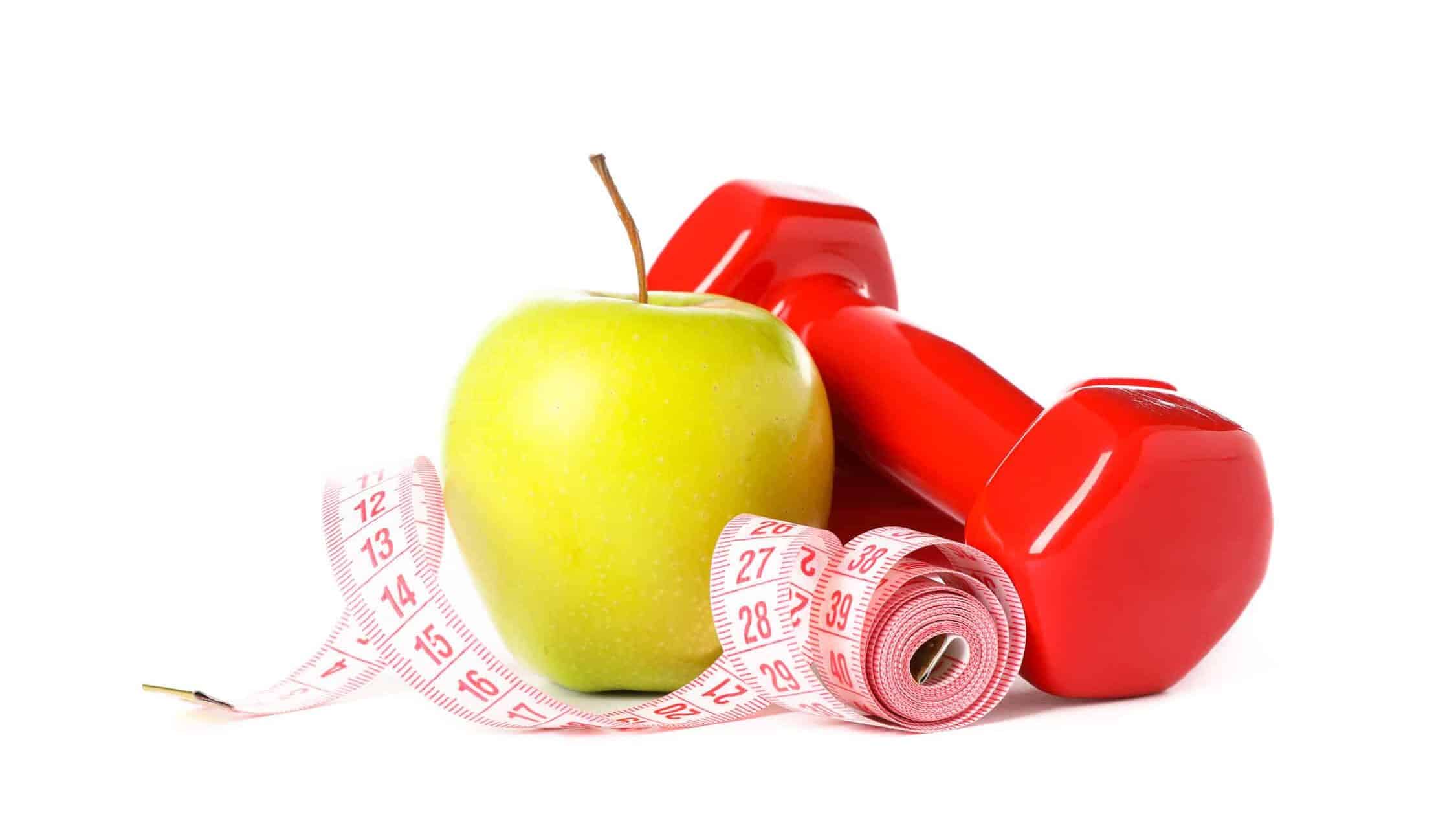
A well-balanced diet combined with regular exercise can greatly benefit your overall well-being, including promoting proper functioning within this key organ itself. Consuming a variety of nutrients from whole food sources such as fruits, vegetables, lean proteins, and healthy fats will provide essential fuel needed by the liver to carry out its numerous tasks effectively.
Importance of consuming nutrient-dense whole foods
Eating a nutrient-dense whole foods diet is crucial for maintaining optimal liver health. Consuming nutrient-dense whole foods, which are rich in vitamins, minerals, antioxidants, and other beneficial compounds that can help support liver function and reduce inflammation, is key for optimal liver health. Some excellent choices for promoting liver health include:
- Fruits: Berries (blueberries, strawberries), apples, grapes, and grapefruit juice have been shown to protect against fatty liver disease.
- Vegetables: Leafy greens like spinach or kale contain high levels of antioxidants which aid in reducing inflammation.
- Lean Proteins: Fish containing omega-3 fatty acids (salmon) helps lower risk factors associated with chronic liver disease while also providing essential amino acids necessary for tissue repair.
- Healthy Fats: Olive oil and avocados are great sources of monounsaturated fats that may improve non-alcoholic fatty liver disease symptoms by lowering triglyceride levels in the blood.
The benefits of regular exercise on liver health
In addition to a balanced diet, engaging in regular physical activity is essential for maintaining a healthy liver. Exercise helps to:
- Improve blood circulation, allowing the liver to receive more oxygen and nutrients.
- Reduce inflammation by releasing anti-inflammatory compounds in the body.
- Promote weight loss, which can help prevent or reverse non-alcoholic fatty liver disease and other obesity-related conditions affecting the liver.
Engage in aerobic and strength training exercises on a regular basis to support your liver health. Remember to consult with your healthcare provider before starting any new exercise regimen, especially if you have existing health concerns related to your liver or overall well-being.
Frequently Asked Questions Liver Health Tips
How can I improve my liver health fast?
To quickly improve your liver health, focus on maintaining a balanced diet rich in fruits, vegetables, and whole foods. Limit alcohol consumption and avoid excessive intake of processed foods. Engage in regular physical activity to support overall well-being. Additionally, consult with a healthcare professional for personalized recommendations.
How can I repair my liver naturally?
Natural ways to repair your liver include consuming nutrient-dense whole foods like leafy greens, cruciferous vegetables, nuts, seeds, and lean proteins. Avoiding alcohol and reducing exposure to environmental toxins also support the healing process. Stay hydrated by drinking adequate water daily and engage in regular exercise for optimal results.
What foods help repair a liver?
Foods that aid in repairing the liver include:
- Leafy greens (spinach & kale)
- Cruciferous vegetables (broccoli & cauliflower)
- Berries
- Citrus fruits
- Nuts & seeds
- Oily fish (salmon & mackerel)
Can Apple cider vinegar clean out your liver?
Apple cider vinegar may provide some benefits such as improved digestion; however, there is limited scientific evidence supporting its ability to cleanse or detoxify the liver. It is essential to prioritize a balanced diet, regular exercise, and overall healthy lifestyle habits for optimal liver health.
Conclusion
Your liver plays a vital role in converting toxins into waste products, cleansing your blood, and metabolizing nutrients and medications. It’s important to maintain a balanced diet rich in fruits and vegetables, engage in regular physical activity, avoid excessive consumption of food and alcohol, and screen for liver disease risk factors such as hepatitis B & C screenings or fatty-liver disease assessment.
By following these Liver Health Tips, you can help to protect your liver from developing chronic diseases and reduce the risk of cancer. Including beneficial fats like omega-3s found in fish oil or grapefruit juice can also aid in decreasing inflammation inside the body. Remember that small changes to your lifestyle can make a big difference when it comes to supporting optimal liver function!
